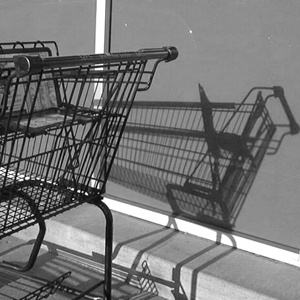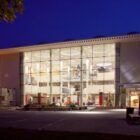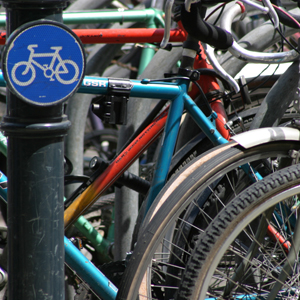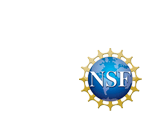In choosing the civic challenge for the Worcester incubator, the Advisory Council members submitted a number of possibilities and sought proposals from their connections throughout the city. The incubator staff received 11 ideas in different stages of development. Working with the Council and the president of the EcoTarium, different proposals were discussed, combined and filtered. The winning choice contained elements of 3 or 4 of the original proposals: “… research, plan, and develop new transportation solutions to enhance Worcester’s economic productivity, connect its neighborhoods and communities, and improve the quality of life for its residents and visitors.” The notes below are adapted from the winning proposal: Primary goals include improving access to and interest in alternative transportation (walking, biking, public transit). Ancillary benefits include building social movement through new technology, public art, education, and civic engagement. The challenge is an excellent opportunity to develop and practice specific STEM skills such as measurement, mapping/geography, statistics, economics, meteorology, engineering, and social media. Research and development issues include: What are our best opportunities to combine economic development with alternative transportation? How should we apply best practices to improve walking and biking conditions/facilities? How do we entice people to travel by foot, bus, or bike? (digital walking tours, smart phone technologies, public events and exhibits)? How do we increase public approval/appreciation/acceptance of improvements to pedestrian and bicycle conditions (traffic calming, street narrowing, etc.)? In which neighborhoods would increased use of alternative transportation bring larger benefits (more vibrant neighborhoods, economic development, enhanced community)? The community considered the question: why this innovation challenge for Worcester? Below are some answers: Worcester Challenges: Isolated neighborhoods, challenging urban design (highway and railroad lines cutting across city); isolated college campuses; lack of public process/civic participation & input over transportation decisions; bike thefts resulting from increasing bike use and difficult economic times. Worcester Opportunities: Ongoing partnerships already addressing public health ( Health of Worcester 2012 , Safe Routes to School ), environmental ( Climate Action Plan, 2006;Energy Task Force ), and engineering ( Complete Streets ) aspects of transportation challenges; 30,000 college students attend 9 Worcester-based and 3 greater Worcester-based colleges or universities (most of them of an age where physical activity is easy and where it’s possible to do without a car); opportunity to engage Worcester residents in decisions...
Get Involved – San Diego Incubator for Innovation
The San Diego Incubator for Innovation offers multiple opportunities for participation. Community members can join our expanded innovation community at public events, focused on exploring opportunities, generating ideas, new product design and development, prototype testing, and finally, launch! Innovation Fellows participate in a year-long intensive program, focused on innovation process and skills, put into practice developing new products and services related to water. From October 2013 through October 2014, Innovation Fellows will invest 150 hours, without cost or compensation, to experience this ground-breaking arts-based innovation program. Advisors bring expertise in various relevant domains—water, business, fundraising, science, technology, the arts, education—to help innovation teams ask the right questions and find useful information. The time commitment may entail one to several hours. Mentors will coach innovation teams to help them navigate the innovation process, seizing opportunities and avoiding pitfalls. Mentors will not function as team members in executing research and development; they will advise, facilitate, challenge, and guide. Mentoring requires an investment of approximately 40 hours, attending innovation workshops and innovation team meetings. Partners offer ideas, inspiration, and support in multiple forms: meeting space, materials, food, money, time. Email inquiries about opportunities for involvement to...
Urban Nutrition

Scarcity in the Midst of Plenty … Chicago is a world-class culinary city,but an estimated 20% of its residents are affected by food insecurity. How can science, technology, engineering and math help create plentiful access to healthy food options throughout the city? Chicago selected urban nutrition as its civic challenge after an extensive consultative and collaborative process with a very active and engaged community-based Chicago Advisory...



